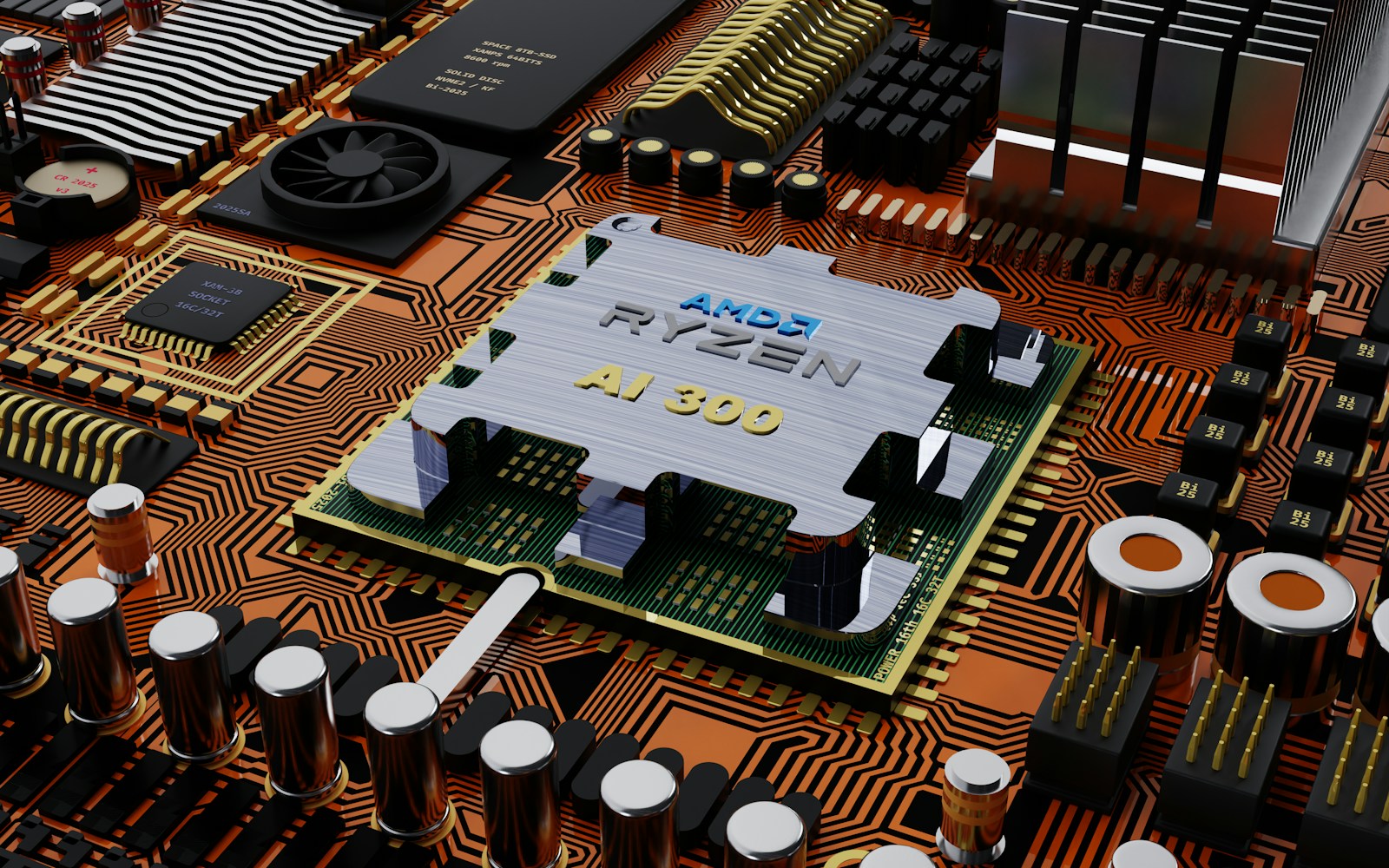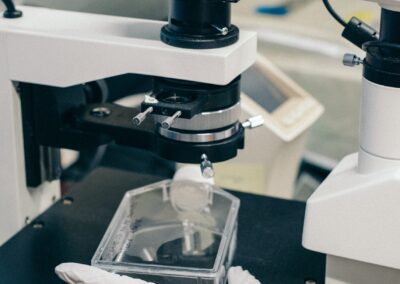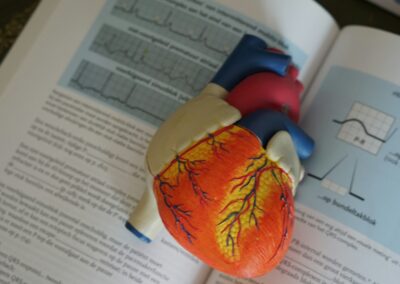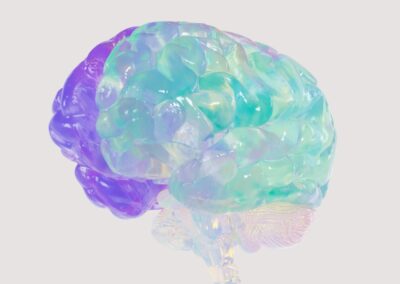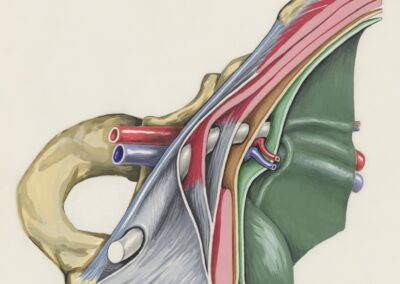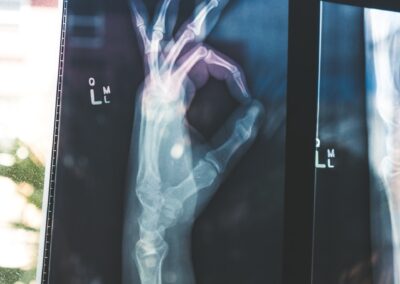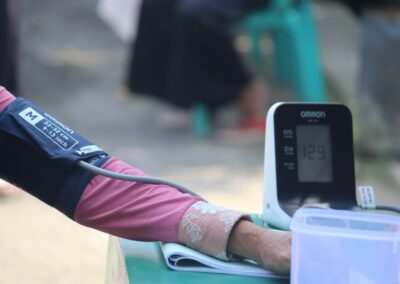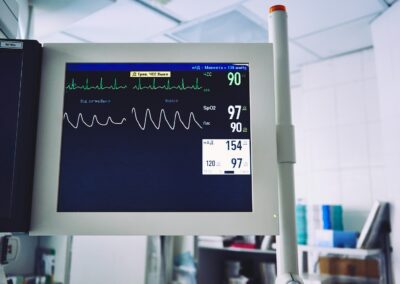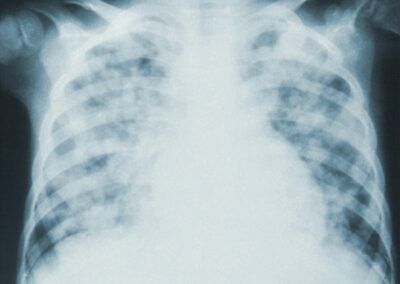Leveraging Cognitive Computing for Enhanced Medical Diagnosis
The Role of Cognitive Computing in Cardiovascular Disease Detection
The integration of cognitive computing in medical diagnosis is transforming the approach to detecting cardiovascular diseases, a critical area of concern in modern healthcare. By harnessing advanced algorithms and machine learning techniques, cognitive computing systems are now capable of analyzing complex imaging data and patient records with unprecedented accuracy. This technology helps in identifying patterns and anomalies that may be missed by traditional diagnostic methods, thereby facilitating early detection and intervention.
In regions such as Saudi Arabia and the UAE, where there is a strong emphasis on advancing healthcare technology, cognitive computing offers significant potential for improving cardiovascular disease outcomes. In cities like Riyadh and Dubai, healthcare providers are increasingly adopting these technologies to enhance diagnostic precision. The ability to analyze large datasets and integrate diverse sources of information enables a more comprehensive evaluation of patient health, leading to more accurate diagnoses and personalized treatment plans.
Furthermore, cognitive computing’s ability to continuously learn and adapt improves over time as more data becomes available. This ongoing learning process helps refine diagnostic models and enhance their predictive capabilities, ultimately leading to better patient outcomes and more efficient healthcare delivery.
Enhancing Diagnostic Accuracy with Cognitive Computing
Cognitive computing systems enhance diagnostic accuracy by processing vast amounts of imaging and patient data, identifying subtle indicators of cardiovascular issues that may be overlooked in manual analysis. These systems use sophisticated algorithms to analyze medical images, such as MRI and CT scans, detecting signs of cardiovascular diseases like coronary artery disease and heart failure with greater precision.
In addition to imaging data, cognitive computing systems also integrate electronic health records (EHRs) and other patient information to provide a holistic view of an individual’s health. By cross-referencing imaging results with patient history, genetic information, and lifestyle factors, these systems offer a more nuanced understanding of cardiovascular risk factors and disease progression.
For healthcare providers in Dubai and Riyadh, leveraging cognitive computing can significantly enhance diagnostic workflows, reduce the likelihood of misdiagnoses, and streamline the process of identifying high-risk patients. This technology enables more accurate risk stratification, allowing for timely interventions and personalized treatment strategies that can improve patient outcomes and quality of care.
Case Studies and Real-World Applications
Real-world applications of cognitive computing in cardiovascular disease diagnosis showcase its transformative impact on healthcare. For example, several leading hospitals in the UAE and Saudi Arabia have implemented cognitive computing systems to analyze cardiovascular imaging data and patient records. These systems have demonstrated their ability to detect early signs of cardiovascular diseases with a high degree of accuracy, leading to more effective and timely interventions.
One notable case involves the use of cognitive computing to analyze echocardiograms for early detection of heart disease. By identifying subtle changes in heart function and structure that may indicate disease, these systems provide valuable insights that support early diagnosis and preventive care. This approach not only improves diagnostic accuracy but also helps in developing personalized treatment plans tailored to individual patient needs.
Another example is the integration of cognitive computing with telemedicine platforms, enabling remote monitoring and diagnosis of cardiovascular conditions. This integration allows healthcare providers to analyze patient data in real-time, providing immediate feedback and recommendations for further evaluation or treatment. This approach is particularly valuable in regions with a high demand for healthcare services, such as Riyadh and Dubai, where it helps bridge gaps in access to specialized care.
Future Directions and Opportunities
Advancing Cardiovascular Disease Diagnosis with Emerging Technologies
As cognitive computing technology continues to evolve, its application in cardiovascular disease diagnosis is expected to become even more sophisticated. Future advancements include the integration of artificial intelligence (AI) and generative AI to create more accurate and predictive models for cardiovascular disease detection. These technologies will enable the development of advanced diagnostic tools that can analyze complex data sets and provide more precise risk assessments.
Additionally, the integration of cognitive computing with blockchain technology has the potential to enhance data security and interoperability in healthcare. Blockchain can ensure the integrity and confidentiality of patient data, while cognitive computing can analyze this data to provide actionable insights for diagnosing cardiovascular diseases. This combination of technologies will drive innovation in healthcare and improve diagnostic processes.
In Saudi Arabia and the UAE, ongoing investment in healthcare technology and research will continue to drive advancements in cognitive computing. By embracing these technologies, healthcare providers can enhance diagnostic capabilities, improve patient care, and contribute to the development of cutting-edge solutions in cardiovascular disease management.
Conclusion
The application of cognitive computing in medical diagnosis is revolutionizing the detection of cardiovascular diseases by enhancing imaging analysis and integrating patient data. By leveraging advanced algorithms and machine learning, cognitive computing systems offer improved diagnostic accuracy and personalized treatment options. For healthcare providers in Saudi Arabia, the UAE, and beyond, adopting these technologies is essential for advancing healthcare delivery and achieving better patient outcomes. As technology continues to evolve, cognitive computing will remain a key driver of innovation and success in the field of medical diagnosis.
—
#CognitiveComputing #MedicalDiagnosis #CardiovascularDiseases #ImagingAnalysis #PatientData #ArtificialIntelligence #HealthcareTechnology #SaudiArabia #UAE #Riyadh #Dubai




